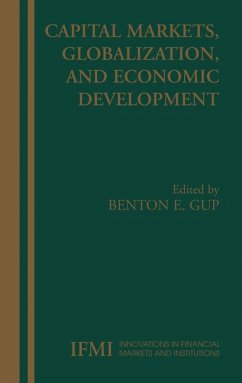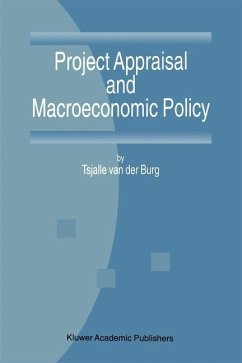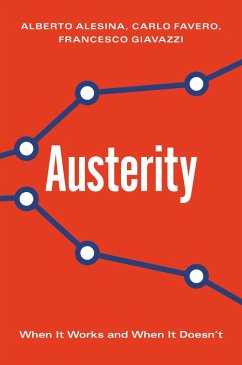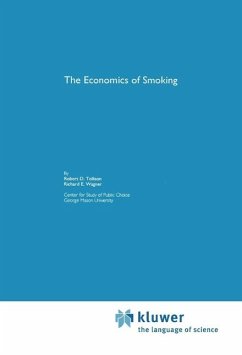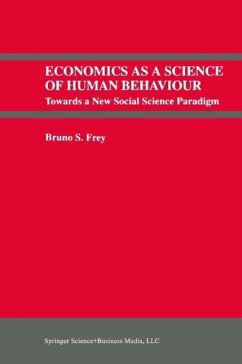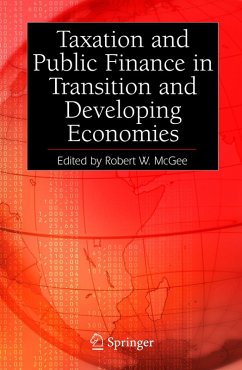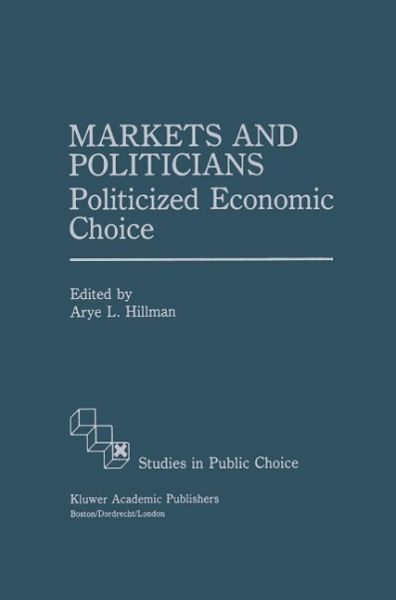
Markets and Politicians (eBook, PDF)
Politicized economic choice
Redaktion: Hillman, Arye L.

PAYBACK Punkte
80 °P sammeln!
Arye L. Hillman There has been much economic theorizing directed at providing the politician with guidance in the design of policies that will amend market outcomes in ways that achieve specified efficiency or equity objectives. It has been common practice in economic models to portray the politician who implements the policy recommendations as a mechanistic individual who behaves as would a benevolent dictator to maximize a prespecified conception of social welfare or the utility of a representative consumer. The self-interest and discretion that is attributed to firms and consumers as optimi...
Arye L. Hillman There has been much economic theorizing directed at providing the politician with guidance in the design of policies that will amend market outcomes in ways that achieve specified efficiency or equity objectives. It has been common practice in economic models to portray the politician who implements the policy recommendations as a mechanistic individual who behaves as would a benevolent dictator to maximize a prespecified conception of social welfare or the utility of a representative consumer. The self-interest and discretion that is attributed to firms and consumers as optimizing agents is absent from the motives of such a politician. Economic policy choice is thereby depoliticized. How well depoliticized economic theory fares in explaining or predicting economic policy choice depends naturally enough upon how politicized is the economic system in which economic and political agents function. The papers in this volume recognize that politicians may exercise sufficient discretion so as not to behave mechanistically in correcting market inefficiencies or in pursuit of a somehow specified just income distribution. Since politicians are viewed as self-interested optimizing agents, just as are utility-maximizing consumers and profit-maximizing producers, the choice of economic policies is politicized. Coverage is provided of a broad spectrum of economic policy choice where markets and politicians interact. Section I is concerned with policy determination in western market economies, Section II with the introduction of markets into economies in transition from socialism, and Section III with international transactions.
Dieser Download kann aus rechtlichen Gründen nur mit Rechnungsadresse in A, B, BG, CY, CZ, D, DK, EW, E, FIN, F, GR, HR, H, IRL, I, LT, L, LR, M, NL, PL, P, R, S, SLO, SK ausgeliefert werden.




